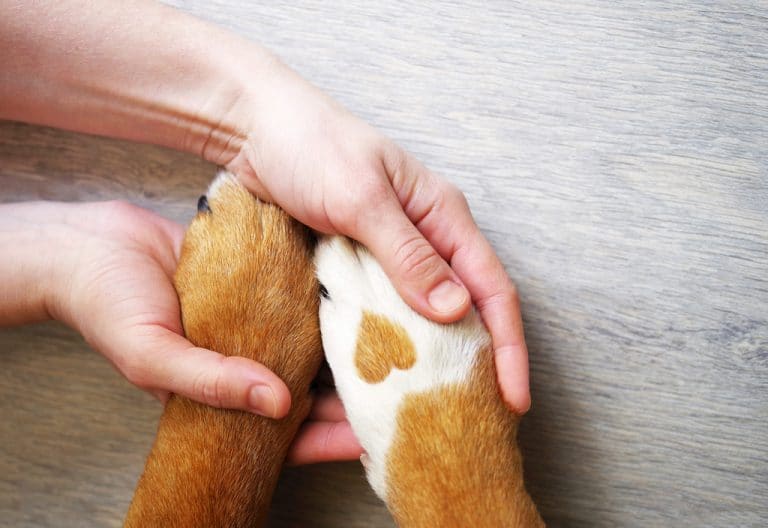FDA (Food and Drug Administration) warns that common sweeteners such as xylitol are poisonous for dogs.
We all know that chocolate is harmful to our dogs but our knowledge is less about other sweet products. The reason for this is that there are many types of sweeteners. Although some of the sweeteners are of plant origin (e.g. Stevia), some are artificially produced in laboratories. Although many sweeteners cause only gastrointestinal (food precessing) problems in dogs, xylitol might be lethal (1).
With the increase in sweetener-containing products in the supermarkets, xylitol poisoning may expose more frequently in the following years.
What is Xylitol?
Xylitol, also called xylit, is a sweetener. It is often used in industry instead of sugar. In the ingredients, it is mostly called only “E 967”. In contrast to sugar, the sweetener does not have such a strong effect on blood sugar levels and is therefore preferred by diabetics. Another positive effect is the anti-caries effect.
While the it has many positive effects on us, xylitol is poisonous to dogs.
Which products contain Xylitol?
Xylitol is most commonly used in chewing gum. Since it has lower calories than sugar, it is also used to sweeten various sugar-free products. These products are:
- Chewing gum
- Bonbons
- Toothpaste
- Capsule medications
- Mouthwash
- Sugar-free jam and honey
- Vitamins
- Syrup
- Peanut butter
- Low fat ice-cream
- Baked products (cookies, cakes, etc.)

Why is Xylitol harmful to dogs?
In humans, high amounts of xylitol intake can only cause problems in the digestive system, but for dogs even as low as 0.1 mg/kg can be fatal. xylitol is not only harmful to dogs, but also for other animals like rabbits.
In dogs, xylitol is stimulating insulin release, causing blood sugar to fall, and high amounts of xylitol intake can damage the liver. Because of untreated low blood sugar, liver failure may occur 1-3 days after consumption of xylitol, as well as death due to decreased blood sugar.
What are the symptoms?
Typical symptoms can occur within 30 minutes of xylitol contained food intake. However, depending on the type of food, it may take up to 48 hours for the following symptoms to occur:
- Vomiting
- Diarrhea
- Apathy
- Weakness
- Shivering, epileptic seizure
- Increased heart rate (tachycardia)
- Icterus (due to the liver cell necrosis)
- Pale mucous membranes (due to bloodlessness/ anemia)

What kind of treatment does my dog get?
Your veterinarian will treat your dog according to the symptoms. Each physician has their own treatment method. If your dog has consumed xylitol over 0.1 g/kg, it is recommended to be hospitalized. You should, therefore, contact your veterinarian as soon as possible.
If your dog does not show any clinical symptoms, your veterinarian may wash its stomach by making it vomit followed by activated charcoal. However, in case your dog is unconscious, the following parameters of your pet should be checked regularly:
- Blood sugar level: If the blood sugar is below normal ranges, it will be treated with injecting fluid containing glucose.
- Liver enzymes: Liver enzymes will be checked regularly for problems that may occur in the liver. In addition, liver preservatives or antioxidants can be used.
- Vital parameters: Heart rate, pulse, body temperature, respiration rate, and other parameters will be checked regularly (2).
If your dog develops severe anemia (bloodlessness), a whole blood transfusion may be needed.
Conclusion
Just because it is good for us doesn’t mean it is good for our dogs.
Please always check the ingredients before sharing your food with your dog, especially with sweet foods.
Do not try to treat your dog yourself without consulting your veterinarian.
References
1 – https://www.aspca.org/pet-care/animal-poison-control/toxic-and-non-toxic-plants/stevia
2 – Murphy, Lisa A., and Adrienne E. Coleman. “Xylitol toxicosis in dogs.” Veterinary Clinics: Small Animal Practice 42.2 (2012): 307-312.
sweetenertoxicxylitol



